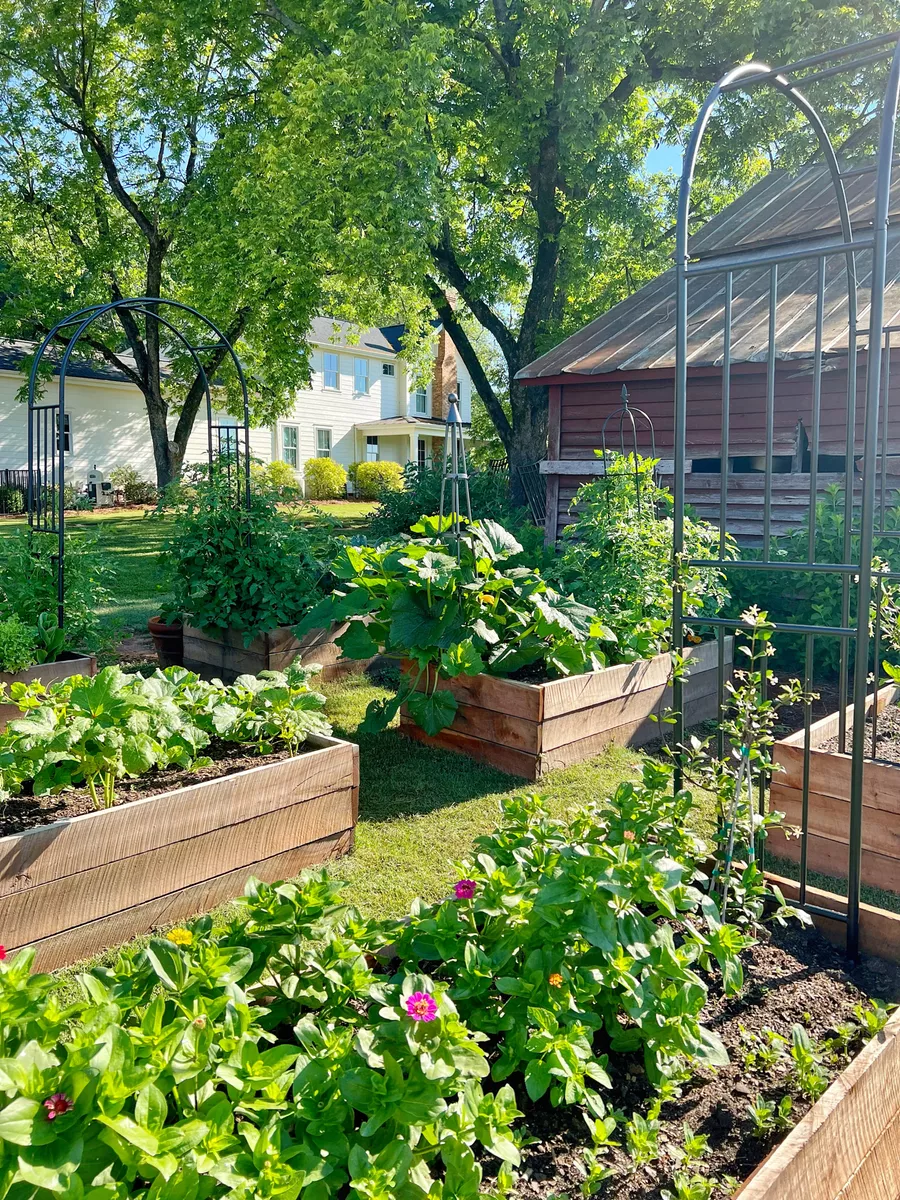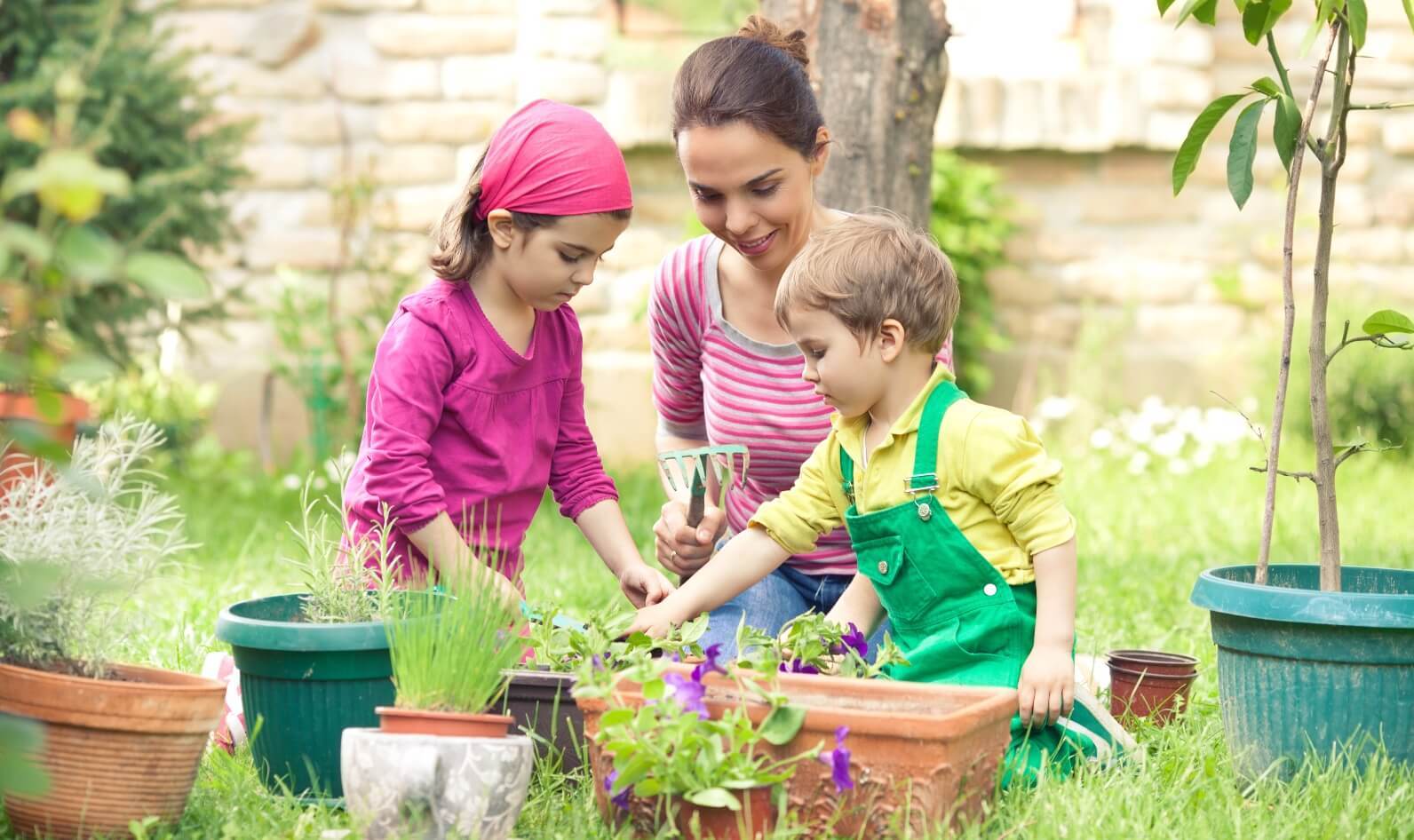Just how to Beginning an Effective Gardening Task in Your Yard
Just how to Beginning an Effective Gardening Task in Your Yard
Blog Article
Unlocking the Perks of Horticulture: A Thorough Consider the Various Types and Their Influence On Health
Checking out the diverse benefits of gardening discloses a range of methods that substantially improve specific well-being. From vegetable and natural herb gardens to container and raised bed setups, each type supplies unique advantages that extend beyond plain growing. These tasks not only foster physical health and wellness with active engagement but also add to psychological health by reducing stress and motivating mindfulness. As we analyze these varied horticulture techniques, it ends up being apparent that their impact can reverberate on individual, social, and ecological degrees, motivating a more detailed consider how these connections form a natural narrative of alternative wellness.
Kinds of Horticulture

Blossom horticulture, one more prominent category, stresses the aesthetic allure of grown blooms. This type can improve landscapes and promote biodiversity by attracting helpful pollinators. Likewise, herb gardening entails expanding aromatic and culinary plants, contributing both to cooking and natural remedies.
Container gardening deals convenience, making it possible for individuals with limited room to take part in gardening by utilizing pots and planters. This approach is specifically prominent in metropolitan setups. Increased bed gardening, on the other hand, involves creating elevated plots that improve soil water drainage and access, making it simpler for gardeners to manage their plants.
Lastly, area gardening promotes cooperation among people in shared areas, advertising social communication and collective duty. Each kind of gardening serves unique purposes and caters to various preferences, making gardening a versatile activity that can be tailored to private needs and atmospheres.
Mental Health Advantages
Taking part in numerous kinds of horticulture not only yields concrete incentives such as fresh fruit and vegetables and gorgeous blossoms however additionally supplies significant mental health benefits. Study shows that horticulture can be an effective tool for lowering stress and anxiety, anxiety, and anxiety. The act of tending to plants and cultivating a yard cultivates a sense of purpose and accomplishment, which can improve general emotional well-being.
In addition, horticulture urges mindfulness, as it requires individuals to focus on the here and now moment, whether it be growing seeds or nurturing development. This mindfulness practice can lead to minimized rumination and enhanced mood security. The direct exposure to natural surroundings throughout horticulture has likewise been connected to enhanced cognitive functioning and reduced feelings of fatigue.
Social interaction plays an essential function in psychological wellness, and community horticulture initiatives supply chances for individuals to attach with others, promoting a feeling of belonging. The shared experience of horticulture can grow friendships and support networks, further bolstering emotional strength.
Physical Wellness Advantages
Many individuals might not realize that horticulture also supplies substantial physical wellness benefits. Taking part in gardening activities calls for a variety of physical movements, consisting of flexing, lifting, digging, and planting, which jointly add to improved strength, versatility, and endurance. These actions can enhance cardiovascular health and wellness by advertising go to this site an elevated heart rate, consequently reducing the risk of cardiovascular disease.
Furthermore, horticulture can act as a moderate-intensity workout, assisting individuals attain advised physical activity levels. Studies indicate that normal participation in horticulture can burn considerable calories-- approximately 200-400 calories per hour, depending on the strength of the tasks executed. Such calorie expenditure is advantageous for weight monitoring and overall metabolic wellness.
Additionally, direct exposure to sunlight during gardening can facilitate the synthesis of vitamin D, which plays a crucial role in maintaining bone health and supporting immune function. In addition, the act of horticulture typically involves working with dirt, which has actually been linked to possible psychological and physical health and wellness advantages due to the presence of beneficial bacteria. Gardening.
Social Links Via Gardening
The communal elements of gardening foster significant social connections amongst individuals. Area yards, specifically, work as dynamic hubs where people from varied backgrounds come together, cultivating not just plants but additionally relationships. These common spaces encourage partnership, enabling individuals to trade expertise, skills, and sources, thereby enhancing their gardening experience and promoting a feeling of belonging.
Interaction in horticulture activities frequently brings about the development of relationships and support networks. Individuals regularly join for usual objectives, such as growing periods, harvest events, or educational workshops, which reinforce interpersonal connections and create a feeling of community. Such communications can ease feelings of seclusion and improve psychological health, as people find friendship and friendship in shared undertakings.

Ecological Influence of Horticulture
Gardening considerably adds to ecological sustainability in multiple ways. Home gardens provide vital environments for why not try these out numerous varieties, including pollinators such as and butterflies, which are important for environment wellness.

In addition, yards play a critical duty in water preservation. Tactical landscapes, consisting of indigenous plants and xeriscaping, lower water use and prevent runoff, thus securing local rivers from pollution.
Conclusion

Finally, gardening acts as other a complex task that improves well-being across numerous domains. The varied types of gardening-- including vegetable, blossom, herb, container, and increased bed-- add to mental and physical wellness, foster social connections, and advertise environmental sustainability. By participating in horticulture practices, people can experience improved lifestyle while additionally sustaining community bonds and ecological health. Ultimately, the holistic advantages of horticulture emphasize its value as a vital element in enhancing general health.
Report this page